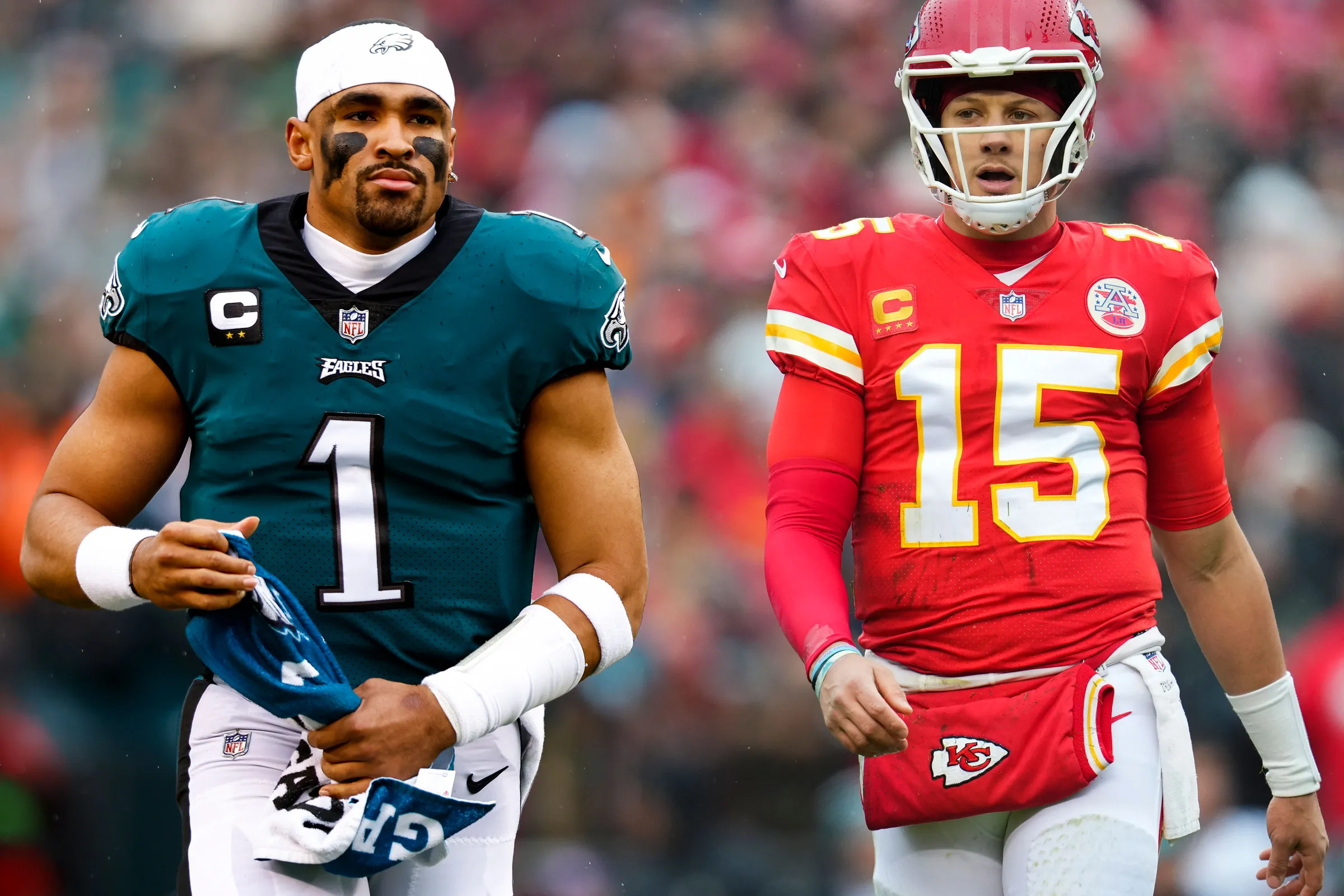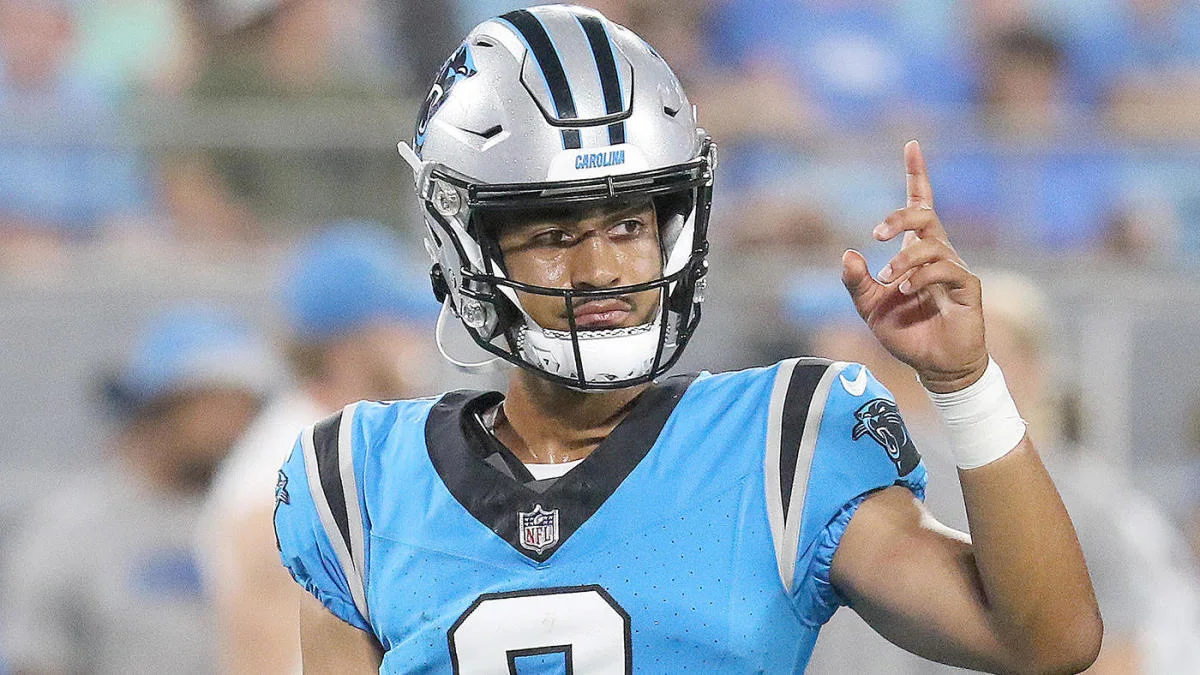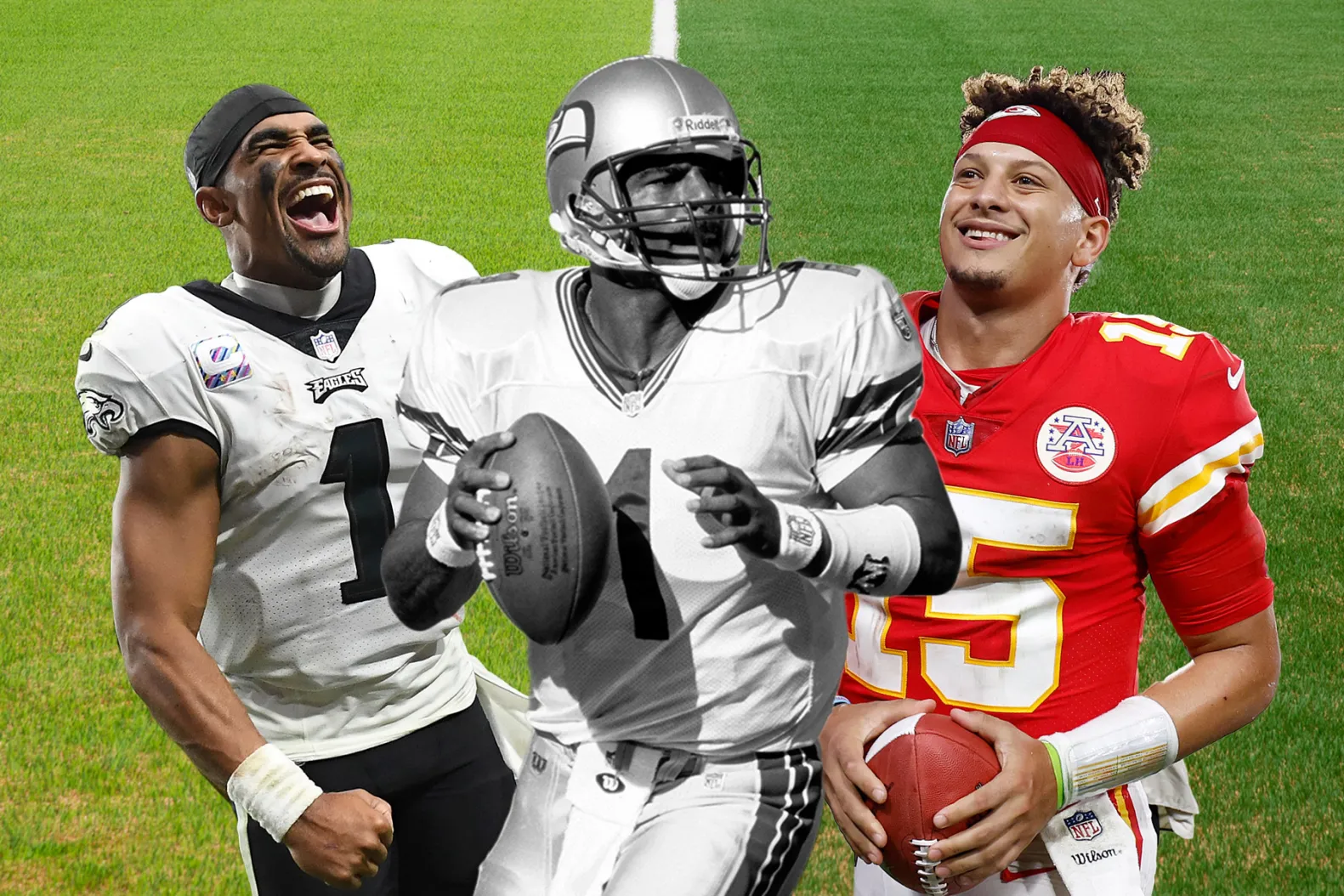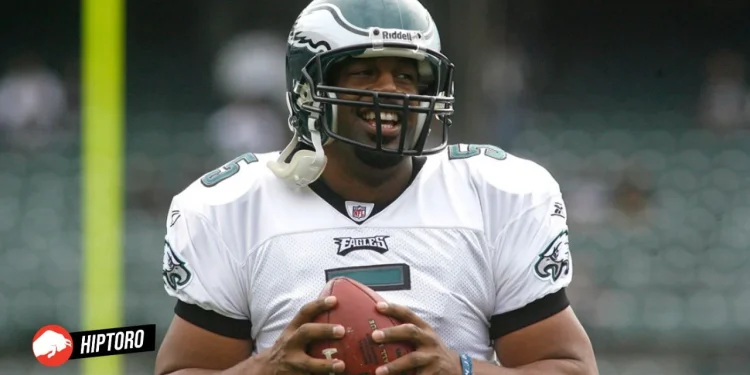The story, rich with the feats of Black quarterbacks, illustrates a journey from the fringes to the forefront of America’s favorite sport. The role of these athletes has evolved significantly, from Doug Williams’ historic Super Bowl victory in 1988 to the dynamic performances of Cam Newton, Russell Wilson, and Patrick Mahomes.
It’s a tale that bestselling author John Eisenberg captures with reverence, acknowledging the past while looking to the future. In the realm of the National Football League (NFL), a transformation has unfolded over the decades—a narrative of progress, resilience, and breaking barriers.

The Trailblazers
The turning point in the NFL’s history came when Doug Williams led Washington to a Super Bowl win, becoming the first Black QB to do so. This victory was not just about securing a championship; it was about shattering the glass ceiling for Black QBs. “Doug Williams normalized the idea of using a Black player at quarterback in the NFL,” Eisenberg told Sportskeeda, emphasizing the significance of Williams’ achievement.

Before Williams’ triumph, the presence of Black starting quarterbacks in the league was virtually non-existent. Warren Moon’s entry into the NFL with the Houston Oilers in 1984, followed by the Philadelphia Eagles drafting Randall Cunningham a year later, began to change perceptions.
Moon and Cunningham’s excellence on the field demonstrated that Black quarterbacks could not only compete but excel at the highest levels of the game.
The Modern Era Quarterbacks: Newton, Wilson, and Mahomes
Cam Newton, Russell Wilson, and Patrick Mahomes have become the faces of the modern era of Black quarterbacks in the NFL. Their success has not only highlighted their exceptional talent but also served as inspiration for a new generation of athletes.
Newton’s journey to Super Bowl 50 with the Carolina Panthers, Wilson’s Super Bowl victory with the Seattle Seahawks in 2013, and Mahomes’ three Lombardi Trophies underscore the pivotal roles these players have played in the ongoing evolution of the quarterback position.
When Doug Williams won Super Bowl 22, he not only opened doors for black quarterbacks… he inspired me as well. pic.twitter.com/74DU9nsc40
— Desmond Purnell (@DesmondPurnell) February 23, 2024
Eisenberg points out that the impact of these athletes extends beyond their on-field achievements. “The generation that included Cam Newton, Russell Wilson, and Colin Kaepernick helped show the football world how dynamic Black quarterbacks could be,” he noted. This dynamism has paved the way for emerging talents like CJ Stroud, Anthony Richardson, and Kyler Murray, who continue to push the boundaries of what is possible in the sport.
Breaking Records and Setting Precedents
The significance of Black quarterbacks in the NFL is also reflected in the draft. With Cam Newton being the top pick for the Panthers in the 2011 NFL draft, a door was opened for future stars. Since then, six Black quarterbacks have gone No. 1 overall in the modern draft, including Bryce Young, Kyler Murray, and Jameis Winston.
The potential selection of Caleb Williams as the No. 1 pick in the upcoming draft underscores the shifting dynamics and the increasing recognition of the talent and leadership that Black quarterbacks bring to the league.

Conclusion: A Legacy of Excellence
The narrative of Black QBs in the NFL is one of enduring excellence and profound impact. From Doug Williams to Patrick Mahomes, these athletes have redefined what it means to be a quarterback, breaking new ground and inspiring future generations.
As the NFL continues to evolve, the contributions of Black quarterbacks to the sport will remain an integral part of its legacy, a testament to their skill, perseverance, and ability to overcome barriers. The story of these pioneers is far from over; it’s a continuing saga of achievement and inspiration on and off the field.

Source: Sportskeeda









